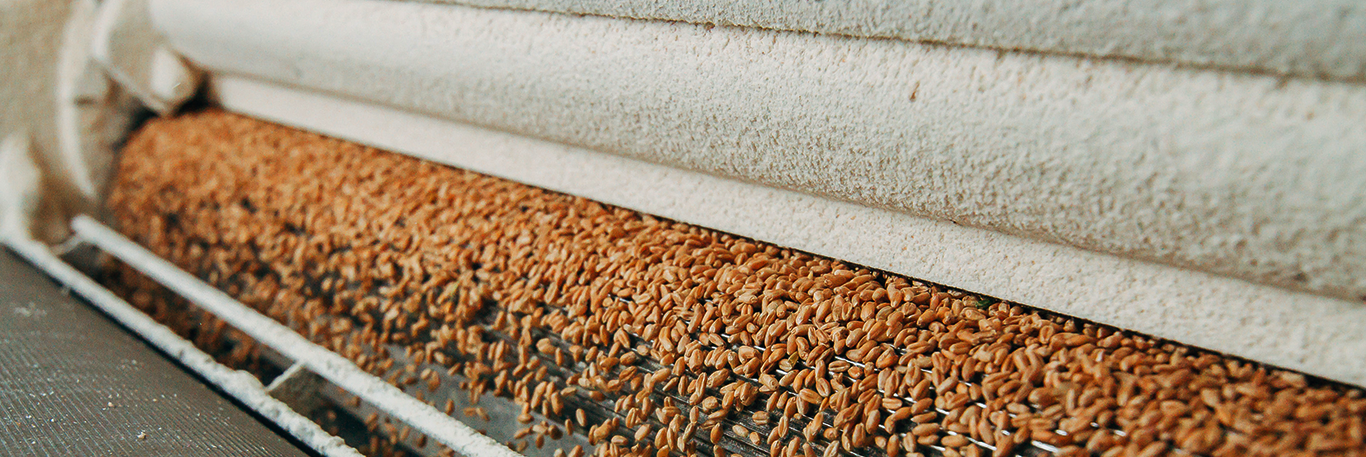Introduction
In today's rapidly developing food market, companies are looking for sustainable solutions to satisfy the growing need for quality food products while minimizing their environmental impact. Contract food manufacturing has actually become a practical choice for firms aiming to outsource their manufacturing needs while keeping control over product development as well as quality assurance. This short article explores the idea of contract food manufacturing in Australia and its role in promoting sustainability within the food industry.
The Surge of Contract Food Manufacturing in Australia
Understanding Contract Food Manufacturing
Contract food production is a strategic partnership in between a brand proprietor and a contract manufacturer, where the last generates contract food manufacturing gold coast goods in support of the former. This plan enables brand proprietors to concentrate on marketing, product advancement, and also distribution while leveraging the proficiency as well as resources of specialized agreement manufacturers.
Benefits of Contract Food Manufacturing
Cost Performance: Contract food manufacturing eliminates the need for significant capital investments in infrastructure, devices, and also manpower. This cost-saving step enables brand names to allocate their sources in the direction of other critical areas of organization growth. Scalability: As need for a certain item varies, contract suppliers can swiftly readjust manufacturing degrees to accommodate market needs. This adaptability makes sure that brands can fulfill consumer demand without excess stock or wastage. Expertise and also Development: Contract manufacturers typically have considerable expertise as well as experience in certain food groups or procedures. By teaming up with these specialists, brand names can tap into their creativity as well as harness cutting-edge options for item development and improvement. Quality Assurance: With strict quality assurance actions in place, agreement makers stick to sector standards as well as governing needs. This commitment to quality makes sure that brand names deliver secure as well as top quality products to consumers consistently. Supply Chain Administration: Contract food manufacturing simplifies the supply chain by consolidating production, packaging, labeling, as well as distribution under one roof. This incorporated approach lessens logistical intricacies and also improves total functional efficiency.The Ecological Impact of Agreement Food Manufacturing
Reducing Carbon Footprint
Contract food production provides chances to reduce the environmental effect of food production with numerous methods:
Efficient Resource Application: Agreement makers maximize source intake by carrying out energy-saving practices, decreasing water usage, as well as lowering waste generation. These sustainable steps add to a lower carbon footprint across the entire production process. Locally Sourced Components: By sourcing ingredients from neighborhood distributors, contract suppliers lower transportation ranges as well as connected emissions. This technique supports regional economic climates while promoting sustainability within the supply chain. Eco-Friendly Packaging: Agreement food manufacturers stress using environmentally friendly packaging materials, such as naturally degradable or recyclable choices. This commitment to sustainable product packaging decreases waste and also cultivates accountable consumption.Embracing Eco-friendly Energy
Contract food making facilities in Australia are increasingly embracing renewable resource resources to power their procedures. Solar panels, wind generators, and also other clean power solutions help in reducing reliance on nonrenewable fuel sources and also contribute to a greener future for the industry.
Addressing Sustainability Challenges in Contract Food Manufacturing
Waste Management and also Recycling Initiatives
Contract food producers prioritize waste monitoring through comprehensive recycling programs and also waste reduction techniques. By executing effective waste segregation systems, firms can divert significant quantities of waste from garbage dumps and advertise a round economy.
.jpg?width=1311&height=875&name=Untitled%20design%20(34).jpg)
Water Conservation Measures
Water deficiency is a global worry, and contract food manufacturers play their part in resolving this obstacle. Companies purchase water-saving modern technologies, such as sophisticated filtering systems and also water reuse efforts, to reduce their freshwater consumption.
Collaboration with Sustainable Suppliers
Contract food makers proactively seek collaborations with suppliers devoted to lasting techniques. By prioritizing environmentally mindful providers, these companies make certain that their entire supply chain straightens with sustainability goals.
FAQs
What is contract food manufacturing? Contract food manufacturing describes the outsourcing of food manufacturing to specialized manufacturers that create items in behalf of brand name owners.
How can contract food manufacturing benefit companies? Contract food manufacturing uses cost effectiveness, scalability, know-how, as well as quality assurance to brands wanting to focus on advertising as well as distribution.
How does contract food manufacturing promote sustainability? By maximizing resource usage, embracing renewable resource, as well as implementing waste monitoring as well as reusing initiatives, contract food manufacturing minimizes its ecological impact.
What are some lasting packaging choices in contract food manufacturing? Green product packaging products such as eco-friendly or recyclable choices are typically used in contract food manufacturing to decrease waste.
How do agreement food producers save water? Contract food manufacturers buy water-saving modern technologies and implement water reuse efforts to minimize their freshwater consumption.
What function does partnership with sustainable suppliers play in contract food manufacturing? By partnering with ecologically conscious distributors, contract food suppliers make sure that their whole supply chain lines up with sustainability goals.


Conclusion
Contract food production presents a sustainable option for companies seeking to meet the expanding demand for high quality foodstuff while lessening their ecological effect. By leveraging the competence of specific manufacturers as well as embracing environment-friendly techniques, brand names can add to a greener future for the Australian food market. Accepting sustainability not just benefits the environment however additionally boosts brand credibility as well as consumer rely on a significantly mindful market.